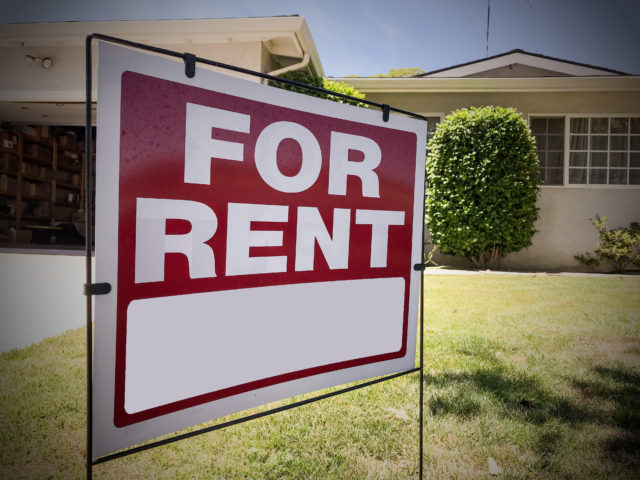
In my last column (Unrepentant Tenant, “Do tenants have a right to a habitable home?”, Sept. 8, 2022), I wrote about the history of the warranty of habitability, which is essentially the right to rent a home that is livable. I mentioned that the city of Boulder has the oldest housing code in Colorado. Apparently I was incorrect — Boulder was not the first, but the fourth city to pass a housing code.
According to the publication Municipal Government History, Boulder, Colorado 1965 to 1971, “A significant piece of legislation was the housing code, approved in May (1968). Boulder would be the fourth city in Colorado to enact minimum housing standards for its residents. As a building code set structural standards, so a housing code legislated safety, health and aesthetic standards.”
The standards that rental housing has to meet in the city of Boulder is now called the Property Management Ordinance (PMO), which was strengthened in 1981 — but for simplicity’s sake, I call it the housing code.
Boulder’s housing code regulates issues including heating, ventilation, light, the size of bedrooms, bathrooms and kitchens, working appliances, plumbing, weatherization, energy efficiency and much more. For a more exhaustive list, check out the city’s Landlord-Tenant Handbook, or go online to see the extensive details of Boulder Revised Code Title 10, Chapter 2 at bouldercolorado.gov.
Kevin Bennett, licensing supervisor with Boulder’s Planning and Development Services, oversees much of the PMO. He said his department gets about 300-400 complaints per year about code violations from tenants, even though few tenants know about the code that protects them. Bennett believes Boulder still has the strongest code, and good enforcement of it.
Just as importantly as the PMO, Boulder likely has the strongest rental licensing program in the state, and was the only one for decades to have one until very recently (Denver, Westminster and Federal Heights have some form of a rental license). This crucial policy gives teeth to minimal housing standards. Long-term residential rental properties in the city of Boulder are required to have a rental license. To protect tenants, rental owners need to register their property with the city and get their unit(s) inspected to verify they meet the housing code standards — only then can they be licensed. Rental licenses must be renewed every four years by passing an inspection. An important exemption is owner-occupied rental units — while they still need to meet code requirements, they are not mandated to have a rental license.
For a lot more detail on license requirements, the city publishes the Rental Housing License Handbook online (bit.ly/3dtUF3W).
To no one’s surprise, perhaps 1,000 units are not licensed, according to Bennett, and are likely illegal — but that doesn’t stop landlords from renting them out. Is your rental licensed? You can check by going to Boulderrentalhousinglicensing.com and scrolling to the green box labeled “Search for Licensed Properties.”
The city previously had a number of rental property inspectors, but Bennett’s department no longer has any inspectors on staff. Rental owners must now hire one from the city’s list of nine licensed, private inspectors, which sometimes leads to a backlog.
If you missed my last column, I wrote about how the warranty of habitability (WOH) allows — under certain conditions — a tenant to withhold rent. I want to emphasize that even if your unit doesn’t have a license, or if there are significant housing code violations and repairs are not made in a timely manner, don’t just withhold part or all of your rent.
The WOH law is complicated (thanks to landlord resistance and lobbying), and withholding rent is a last resort. Of course, if you have a big hole in your roof or the furnace is broken in the middle of winter, you might need to move out. Bennett said the city can post a notice on the unit that it is unsafe or uninhabitable, but they can’t force tenants out of their home. Nor can they advise the conditions amount to a constructive eviction (where conditions are so bad, the tenant effectively evicts themselves). Regardless, document everything you can, notify your landlord and talk to an attorney or tenant resources ASAP.
My last column lists some of those resources. One resource I neglected to mention for CU students is the Off Campus Housing & Neighborhood Relations. They have resources and a staff attorney who can give help and legal advice.
So, if you’re going to have repair or maintenance problems, try to have them within Boulder city limits, where you’ll have your best shot.
This opinion column does not necessarily reflect the views of Boulder Weekly.
Email: [email protected]














